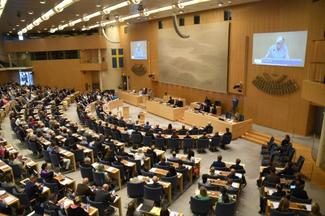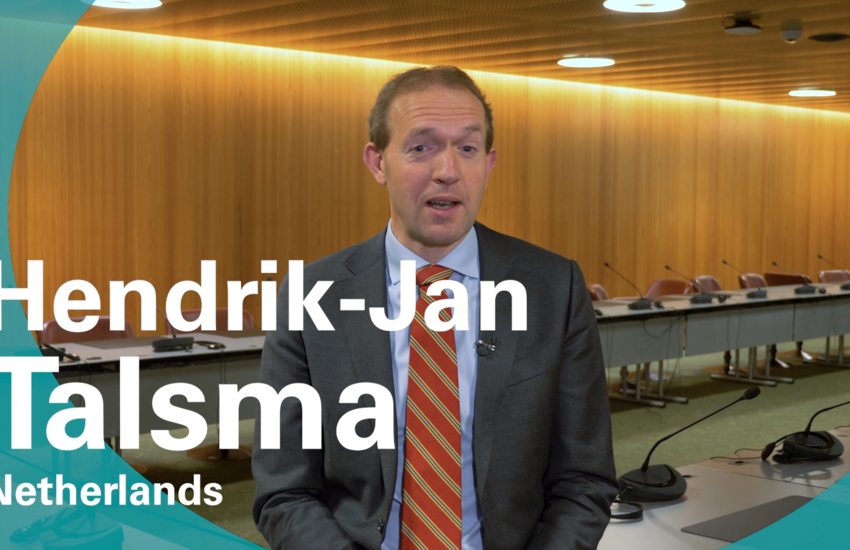The IPU and partners have published a radically new approach to measuring parliamentary progress with the launch of a preliminary version of indicators that will allow parliaments to give themselves a health check.
The Indicators for Democratic Parliaments is an ambitious new framework that draws on the experience of the global parliamentary community and covers the whole scope of parliamentary action – from representation, lawmaking, budgeting and oversight to parliamentary ethics.
The indicators are designed as a learning tool for parliaments to self-assess how they are faring in being more effective, accountable, transparent, responsive, inclusive, participatory and representative institutions.
The IPU Secretary General Martin Chungong said: “No two parliaments are the same yet they all share a common responsibility to deliver for the people. Independent and effective parliaments are the backbone of democracies. But they also need to constantly evolve to remain relevant in a time of multiple challenges and societal changes. These preliminary indicators will guide parliaments in their future development and ultimately help them to become stronger and more resilient institutions.”
The indicators align directly with the UN Sustainable Development Goal targets 16.6 and 16.7 which seek to develop effective, accountable and transparent institutions and ensure responsive, inclusive, participatory and representative decision-making at all levels.
Within those targets, the tool comprises 7 sub-targets, 25 indicators, 111 dimensions, and nearly 500 assessment criteria
Criteria on which to measure progress include examples such as: Does the parliament have access to information from the government and can it summon ministers to answer questions in committee? Is the parliament open to media and to citizens? Is gender mainstreaming and gender-responsive budgeting included in legislation and oversight? Does the legislature represent a diversity of public opinion?
Led by the IPU, the indicators have been developed in close partnership with eight organizations: Westminster Foundation for Democracy (WFD), European Commission, INTER PARES, National Democratic Institute (NDI), United Nations Development Programme (UNDP), UN Women, Commonwealth Parliamentary Association (CPA), and Directorio Legislativo.
Through launch events on 8 and 9 June, and all through 2022, the IPU invites parliaments, as well as other stakeholders such as civil society and academia, to begin using the preliminary indicators and to send feedback to [email protected].
This feedback will inform the final version of the indicators, expected in 2023.











